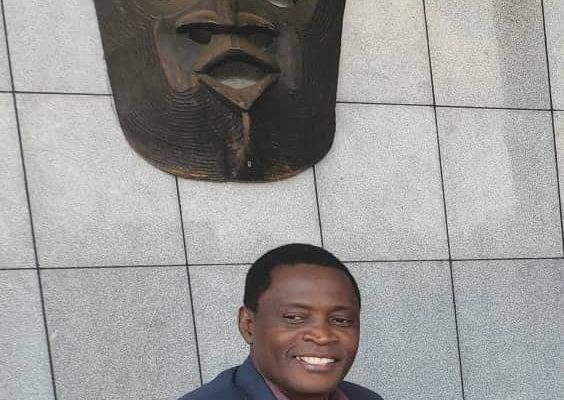
The National Water Resources Authority (NWRA) says one of the effective ways of managing water is the management of catchments in the country, saying currently, it is observed that the catchment areas are heavy.
The NWRA is on the drive to restore the degraded catchments first, by putting in place institutions that can spearhead the management of the same saying Malawi’s natural resources do provide the basis for sustainable socio-economic development but unfortunately have been subjected to increasing pressure as a result of high population growth, poverty and lack of environmental awareness.
The organization said Malawi is divided into 17 Water Resource Areas; it is under these WRAs that catchment Management Committees are required to be established, Shire River being the largest and Chizumulu being the smallest, saying these catchments are delineated based on the water drainage system.
Briefing the District executive committee (Dec) in Dowa, Engineer Tony Nyasulu who is the Director of Water Resources Management and Development, said the NWRA was established under the Water Resources Act (2013) to manage and regulate water resources in Malawi.
Nyasulu said as one way of managing the water resources, the NWRA is mandated to establish catchment management committees across the country and one of them is the Bua catchment management committee covering five districts and these are Ntchisi, Kasungu, Mchinji, Nkhotakota, Lilongwe and Dowa.
He said the sensitization meetings will continue to the District Full Council and thereafter, to Area Development Committees (ADCs) saying the committee members will be selected from each ADC
The Engineer said it is this committee formed that will spearhead the management of the Bua catchment, saying the committee, with technical support from various sectors, will develop a Catchment Management Plan which will guide the management of the catchment.
He said the Catchment Management Committee (CMC) will be gazetted at the end of the day, saying the CMC will be responsible for sourcing its funding, although NWRA is obliged to provide some support to the established CMC.
Nyasulu said these institutions are permanent, and any initiative or support towards the catchment restoration will go through this committee, saying these committees will replace the many segmented approaches to the management of the catchments in the country.
“The NWRA has plans to establish Dwangwa and South Rukuru, among others; already, a committee for Linthipe Catchment has been established,” he said.
In her remarks, Dowa District Council’s Director of Planning and Development, Mercy Mpakule, said the coming of this approach into the district is very commendable,, saying most catchments are heavily degrade,d, expressing hope that by the year 2063 Agenda, the environment will be restored.














